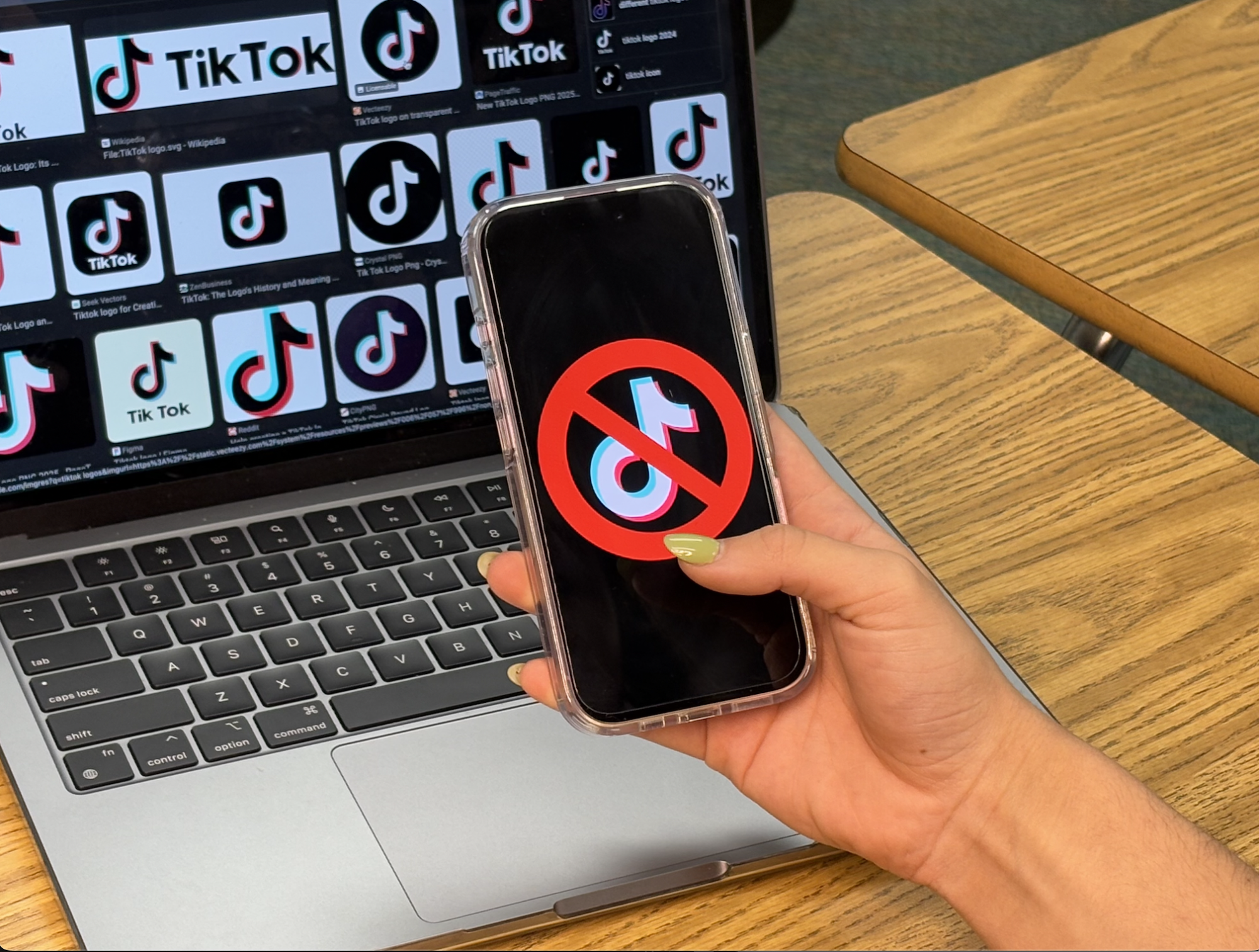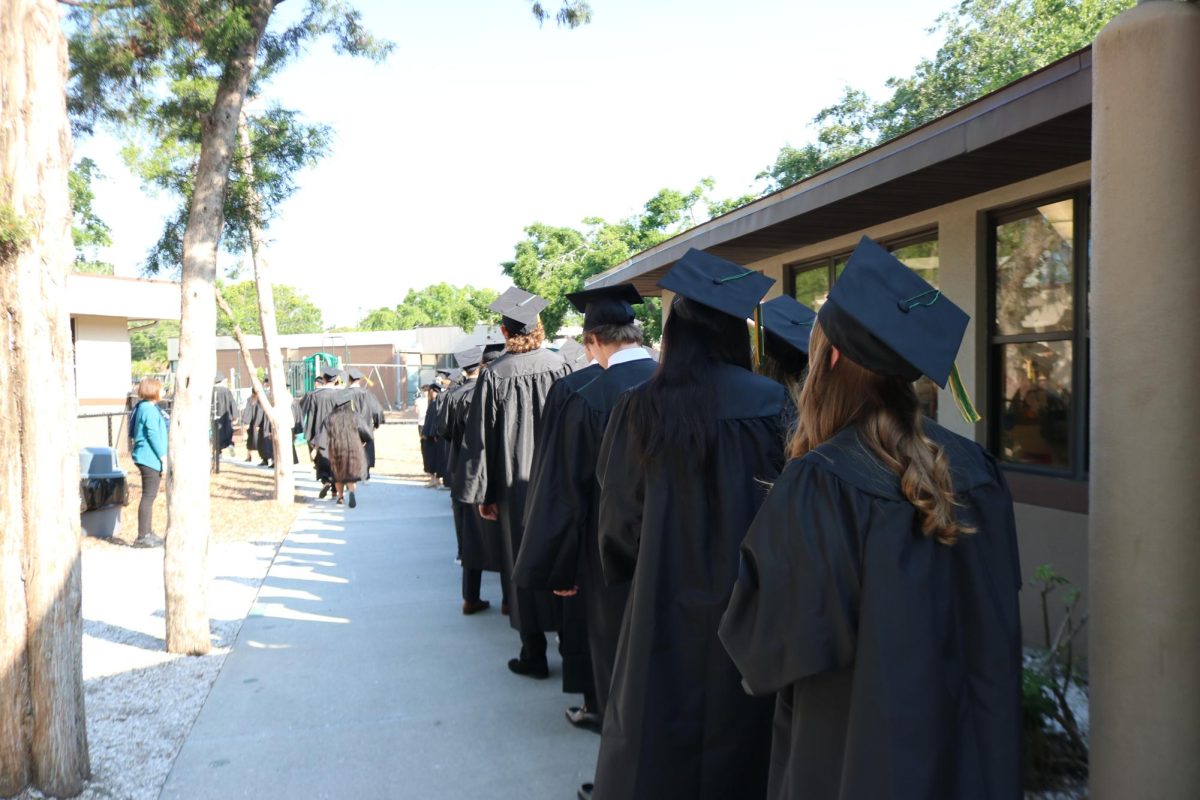It’s official– on January 19th, the teen-favorite social media platform, TikTok, will be banned in the United States.
Since President Joe Biden signed the bill that would ban “Foreign Adversary Controlled Applications” in the name of national security, and unless TikTok’s owner ByteDance sells the app to a non-chinese company, you can say farewell to TikTok.
According to the federal government and supporters of the ban, the app, which is owned by a Chinese company and thus under the thumb of the Chinese government, poses a national security risk due to its taking and storing Americans’ personal information.
The reality is, the ban will do more harm than good for the 170 million Americans who use the app, effectively violating the first amendment of free speech (many see TikTok as the new “global town square”), destroying the small businesses on TikTok Shop, and removing a platform that ultimately helps young people and pursue passions, education, and new opportunities.
According to the government, the national security risk is real— an adversarial government could be watching TikTokers, logging their preferences, monitoring their past activity, noting their vices and tendencies, and some day, using it to their advantage.
And this concern is valid, however, the positive impact TikTok has on education, entertainment, and the economy, as well as its role as the new public square, outweighs this abstract fear.
TikTok has been around for less than ten years, but it’s become the established platform for many Gen Z users when it comes to entertainment, shopping, discovering new interests, or even studying for an exam.
That’s right, TikTok can be a means of educating yourself, despite the “brain rot” stereotype.
There are hundreds of content creators that cater their content towards education, — studying for AP exams, informing students of potential scholarship opportunities, and my personal favorite, livestreams that help with solving SAT and ACT problems.
In my own personal experience, I can attest to TikTok being a useful academic tool. Every day leading up to my PSAT exam, I watched several 30-second SAT math prep TikToks.
On the day of the test, I walked in feeling more confident and prepared than ever, and I scored 200 points higher than my last PSAT score.
TikTok also provides news to its millions of users, and yes, through credible sources. Outlets such as ABC, CNN, and BBC, as well as qualified independent journalists who’ve left mainstream media, host accounts and publish short-form videos for users to consume.
Removing teenagers’ main method of consuming news and media will hinder teenagers’ ability to educate and form opinions for themselves.
What no one is talking about though, is losing TikTok Shop, which will present dire consequences for those who rely on this incredibly popular feature.
TikTok shop is an in-app catalog that allows users to scroll through products and services. TikTok has supported over 224,000 jobs and has become a tool for small businesses to advertise and sell products through livestreams and ads.
But it isn’t just the advertising businesses that will suffer. Content creators, the ones promoting those products, would also be out of luck.
But what happens when that all goes away? Those businesses would lose over 1 billion dollars in revenue. The ban would be devastating for anyone whose main source of income relied on TikTok.
Before you call me a screenager, I’ve only spent on average 40 minutes a day on TikTok this week. I’m not addicted, I just believe that banning it would harm more people than it would benefit “security wise,” if that even is the real reason why it’s being banned. The only thing we can do right now is wait– the 19th will reveal whether or not our favorite app will be saved.









Luke Ribeiro-de Sá • Jan 22, 2025 at 10:39 am
First, I’ll say that this is a very well-written piece, Grace. However, for the 1097th time, the US banning TikTok is NOT a violation of the 1st Amendment. So much so that the US Supreme Court ruled (9-0) to keep this law as it doesn’t violate the Constitution. President Trump did sign an executive order that would delay the ban date (Jan 19) by 75 days. Now Congress could revoke it, but that’s unlikely and I believe DJT said if TikTok doesn’t agree to the sale, the app gets banned.
Tik…Tok…here comes the Grim Reaper
Adam • Jan 22, 2025 at 10:37 am
If TikTok is banned, another king of short entertainment would emerge anyway, so you might as well keep it.
Julie Harris • Jan 16, 2025 at 4:52 pm
So good Grace!